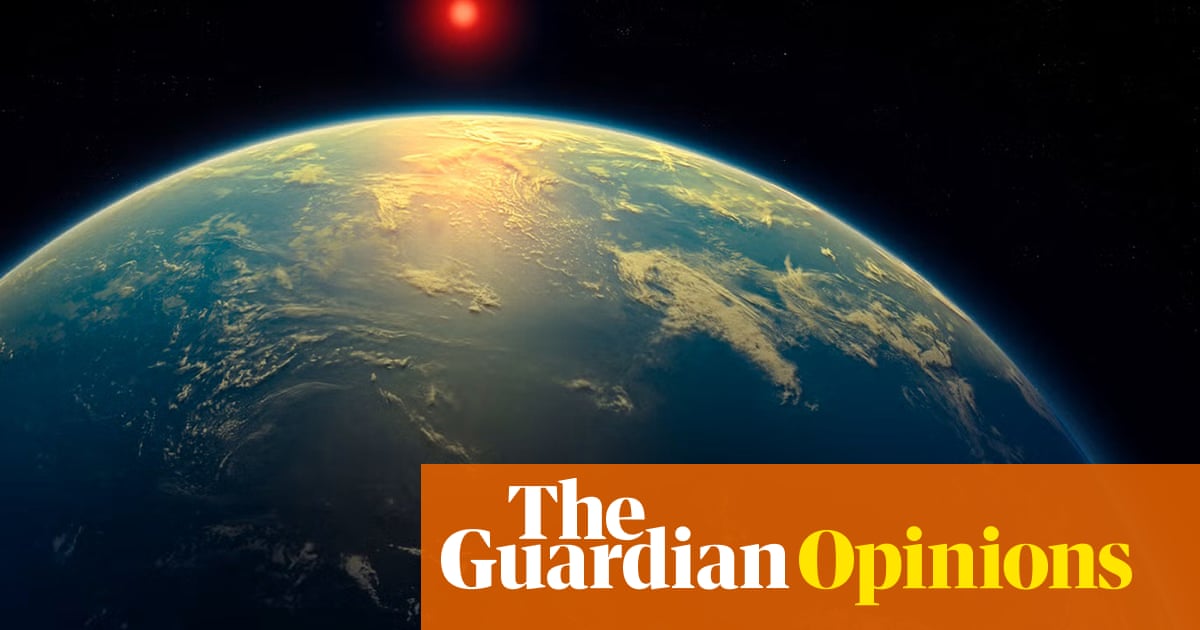Canadian climate philanthropy campaign climbs to nearly $500-million
Open this photo in gallery: Joannah and Brian Lawson are photographed in their Toronto home, on April 21. The Brian and Joannah Lawson Family Foundation is among the latest donors to the Climate Champions program.Cole Burston/The Globe and Mail A campaign enlisting wealthy families and foundations to fund climate-related causes across Canada has added $76-million in donations, with the bulk earmarked for a research institute at the University of Toronto that will span numerous faculties. Brian and Joannah Lawson Family Foundation, Sarah Abell, and Consecon Foundation are the latest donors to the Climate Champions program, which last year announced it had amassed $405-million in pledges aimed at accelerating the shift to a low-carbon economy. The Lawsons’ foundation is contributing $70-million, and Ms. Abell and Consecon $3-million each, the Clean Economy Fund charitable foundation is set to announce on Tuesday. The Clean Economy Fund established the campaign to maintain a focus on climate-related action as political priorities shift, and to attract new donors to the cause. The money goes to clean energy and electrification; industry and economy, including agriculture and oil and gas; emission reduction in cities; impact on people and democracy; and policy and finance. Eric Campbell, chief executive officer of Clean Economy Fund, said the group had not expected to announce new participants until 2026, but the funders said they were inspired by the large grants from Ivey Foundation, Trottier Family Foundation, Peter Gilgan Foundation and six others in late 2024. The new funding is being announced on an Earth Day when climate issues are overshadowed by other priorities – notably, trade war with the U.S. – ahead of next Monday’s federal election. “People are ready to step up in a way that, to defend the climate progress that has been made in Canada and internationally over recent years, clearly states that progress needs to continue and philanthropy can help make that happen,” Mr. Campbell said in an interview. The group has pointed out that just 0.9 per cent of philanthropic giving in Canada goes to climate action, which is below an international average of 1.6 per cent. “So this is a shot in the arm, and it’s definitely accelerating our plans,” Mr. Campbell said. The Lawsons’ foundation is allocating most of its contribution – $60-million – toward establishing the Lawson Climate Institute at the University of Toronto. The institute will concentrate on developing sustainable technologies, tapping into research capabilities of the school’s science, engineering, economics, business, law and public policy disciplines. The initiative will also make use of its private and public-sector connections to transform research into policy, the university said. In addition, the institute create a scholar program giving nearly 100 students a year the knowledge to lead climate initiatives across industries. The grant will also go to establishing Lawson chairs in policy innovation, sustainable energy and sustainable food systems. That latter has been a focus of the Lawsons, who were already significant donors to the university. U of T president Meric Gertler said the institute will combine work the university has been doing in recent years on the sustainability front with the Lawson’s interests in the field. “You need scientists and engineers to develop new technologies, but you also need economists and behavioural psychologists to figure out how you change human behaviour. It’s all well and good to have terrific technologies, but if nobody is induced to use them and actually change their behaviour, they’re not going to have much impact,” Prof. Gertler said in an interview. “We also recognize that there’s a policy framework and a legal framework, so you know that implicates people in our law school, people in the Munk School of Global Affairs and Public Policy and elsewhere.” With the battle against climate change having slipped on the national agenda in favour of other issues such as affordability, Joannah Lawson said, philanthropists have the ability to stay focused on maintaining progress. “We don’t need to get voted in. We can make choices to support what we know is critical, and so by putting our funding in this area, we can keep it moving forward, where others may have to slow down,” Ms. Lawson said in an interview. “We can fund research dollars to make sure we’re dealing with real facts. We can promote the work of NGOs, we can work on influencing policy and financial systems to support climate change initiatives.”


















